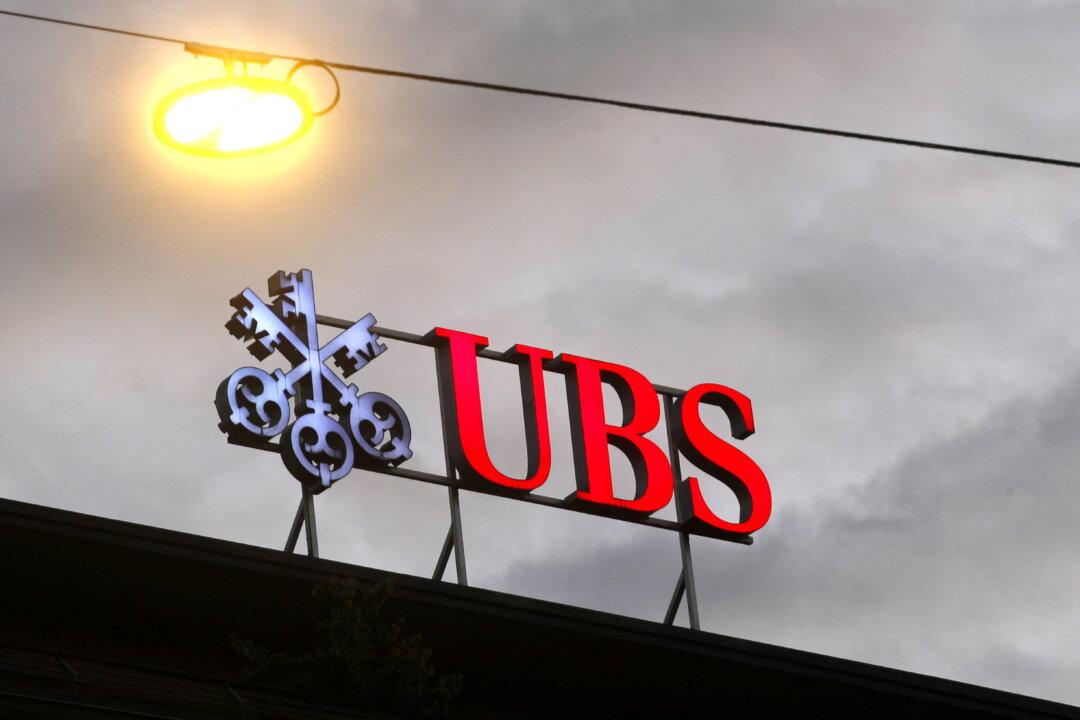ZURICH—UBS posted a smaller-than-expected quarterly profit as turmoil in financial markets hurt its investment banking and wealth management businesses, with some analysts predicting the Swiss bank will see harsh conditions in the second half.
The Zurich-based bank kicks off a round of earnings by major lenders across Europe, where investors are watching for signs that a weaker economy, higher interest rates and the war in Ukraine are weighing on their operations and outlooks.





